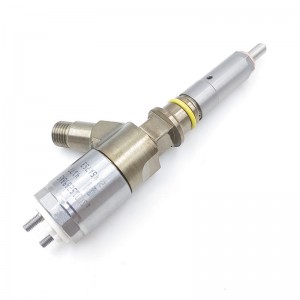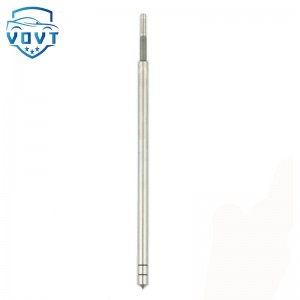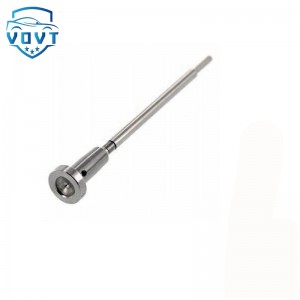High Quality Fuel Rail Pressure Sensors 0 281 006 425 0281006425 Common Rail Pressure Sensor Spare part
Products Description
| Reference Codes | 0 281 006 425 |
| Application | / |
| MOQ | 6 PCS |
| Certification | ISO9001 |
| Place of Origin | China |
| Packaging | Neutral packing |
| Quality Control | 100% tested before shipment |
| Lead time | 7~15 working days |
| Payment | T/T, L/C, Paypal, Western Union, MoneyGram or as your requirement |
Dynamic Adjustment Strategy for Intelligent Sensors Based on Fuzzy Control
Abstract:
With the increasing complexity of modern industrial and automotive systems, intelligent sensors are required to maintain high precision and stability under rapidly changing environmental and operational conditions. Traditional fixed-parameter control approaches often fail to provide adequate adaptability and responsiveness. To address this limitation, this paper proposes a dynamic adjustment strategy for intelligent sensors based on fuzzy control theory, enabling real-time optimization of sensor performance through adaptive feedback mechanisms.
The proposed system integrates fuzzy logic inference with real-time signal processing to dynamically regulate key sensor parameters such as sensitivity, filtering coefficient, and calibration offset. The fuzzy controller takes measurement deviation, rate of change, and environmental factors (e.g., temperature, vibration) as input variables, and adjusts sensor control signals to minimize output error. A membership function optimization algorithm is designed using the Gaussian and trapezoidal fuzzy sets, which enhances both the response speed and stability of the control process.
Simulation experiments were conducted on a pressure and temperature sensor network within a common-rail fuel injection system. Results show that the fuzzy-controlled sensors exhibit up to 30% faster response time and a 25% reduction in steady-state error compared with conventional proportional–integral–derivative (PID) tuning methods. Moreover, under strong noise and load fluctuation conditions, the system maintained reliable performance, demonstrating strong anti-interference and self-adaptive capabilities.
A prototype hardware system based on an embedded microcontroller and real-time fuzzy control algorithm was also developed. Experimental verification confirmed that the proposed strategy effectively improved sensor signal accuracy and system robustness in dynamic environments.
This research provides a practical and intelligent framework for sensor self-optimization and adaptive control, offering a theoretical basis and technical support for the development of next-generation intelligent sensing and control systems in automotive, aerospace, and industrial applications.























